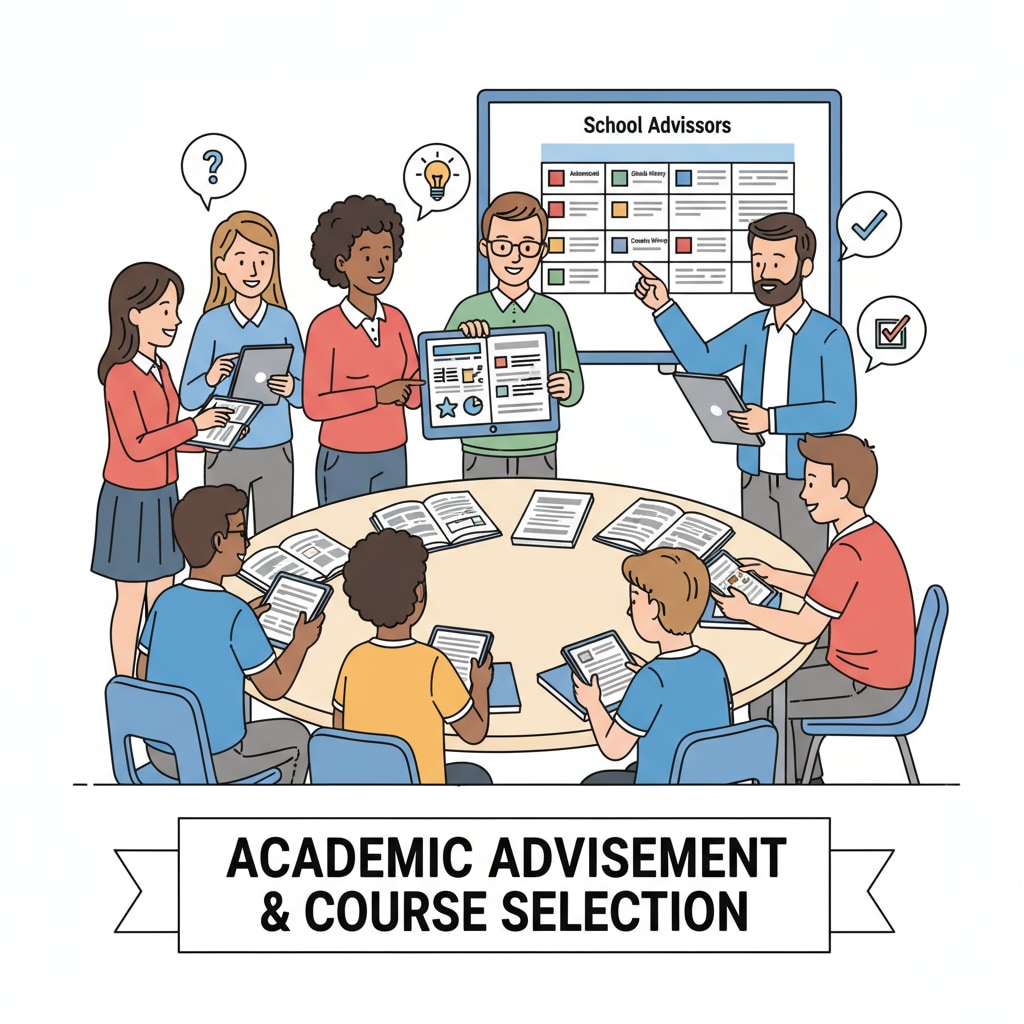In the complex landscape of the education system, school advisors play a pivotal and multi-dimensional role. Their duties extend far beyond the conventional understanding, significantly influencing students’ growth and development. School advisors are the linchpins that connect various aspects of a student’s educational journey.

The Academic Support Pillar
One of the primary functions of school advisors is to provide academic support. They assist students in selecting appropriate courses, taking into account their interests, abilities, and long-term goals. For example, an advisor might guide a high school student in choosing between advanced placement courses and regular curriculum based on the student’s academic performance and college aspirations. Role of School Counselors on Education.com

Nurturing Mental Well-being
In addition to academics, school advisors are crucial in addressing students’ mental health needs. They create a safe space for students to share their concerns, whether it’s dealing with stress, anxiety, or peer pressure. By offering counseling services and referrals when necessary, they contribute to students’ overall well-being. As a result, students are better equipped to focus on their studies and personal growth. American Psychological Association on School Counselors
School advisors also play a significant role in career development. They introduce students to different career paths, organize career fairs, and provide resources for job hunting and further education. This guidance helps students make informed decisions about their future, ensuring a smooth transition from school to the professional world.
Readability guidance: By clearly defining their roles in academic support, mental well-being, and career development, we can see how school advisors are integral to the education system. Their work not only benefits individual students but also contributes to the overall success of the educational environment.


